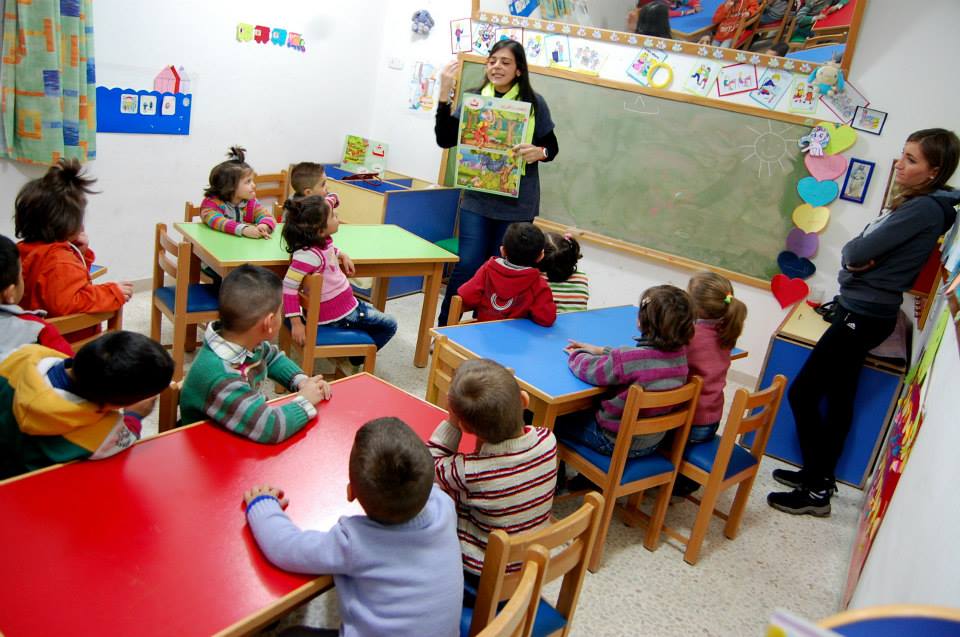
Current Situation in Aleppo
We bring you an interview by the Vatican Radio to Brother Georges Sabé dated November 5, 2014. The Marist Brother speaks about the situation of the people in Aleppo, a city that was divided into two sections two years ago, one of which is in the hands of the national army, and the other under the Syrian rebels’ control.
What is it like to live in Aleppo today?
The situation is very quiet now because the city is divided in two sections. It is impossible to move from one side to the other. It would require a long journey. A trip that used to take five or ten minutes may now require eleven or twelve hours because we go from one region to the other: one side is under government control, and the other is in the hands of armed groups. There is fighting outside the city and bombs keep falling in some districts. The day before yesterday, a bomb fell in a Christian neighborhood that is currently uninhabited. They abandoned that area because it has become a target for bombs and mortars. People are tired. After three years of war, people do not know how this will end. When and how will it end? Besides being tired, people are afraid. We have no electricity 23 hours a day. We spend the entire week without internet. Thanks God, we have running water once again, which is a good thing.
You said that, in the face of this situation, many inhabitants of Aleppo are choosing exile…
Unfortunately, many families and young people leave the city almost every day. It is like an unstoppable bleeding. I think this hemorrhage is also due to people’s weariness because the horizon is so uncertain. We do not know where all this will lead us. They prefer to leave for neighboring countries where they are accepted. Currently there are many problems in Lebanon regarding the entry of Syrian people. They are enough Syrian refugees and displaced people in Lebanon already. Jordan also poses many problems. There are young people who try to flee into Turkey, Greece and other European countries by not very legal means. In any case, people are doing everything possible to escape. Entire apartment buildings are now empty. People keep leaving, and this is the most difficult thing.
Despite the war, are there any reasons for hope?
In spite of everything, I can assure you that there are many positive signs, normal signs of everyday life, i.e., schools that work, the University that goes on with its courses, people who have jobs and are able to go to work. You can find a lot of fruits and vegetables, supplies are arriving. I believe that international aid is slowing down and moving to other hot spots. We are in a time in which Syria is not at the forefront of importance and interest for the media or politics in general. This makes people weary. We are tired. Not because we are afraid or feeling threatened but because we do not known where all this is leading. We have resisted for three years. We could resist even more if we had a slightly more open horizon letting us envision that peace will come back. The situation will not be resolved with weapons. Unfortunately, weapons cause many deep injuries to families, to people. Almost every week we celebrate the funeral of someone dear to us who has died in combat or in a bomb raid in one side or the other.
Presently, the media’s attention is mainly focused on Kobani, on the border with Turkey. Is the threat of the Islamic State also real in Aleppo?
This is one of our concerns. The Islamic State is at the gates of Aleppo. For the moment, it is not advancing or moving ahead. They are not far from the city. The area of the city under Government control is not directly threatened, at least for the time being. But in our minds, the threat exists. There is an inner fear that makes all of us ask ourselves: is it be better to leave now or wait until the dramatic events arise and force us to flee as it happened in Mosul?
_______________
http://fr.radiovaticana.va
